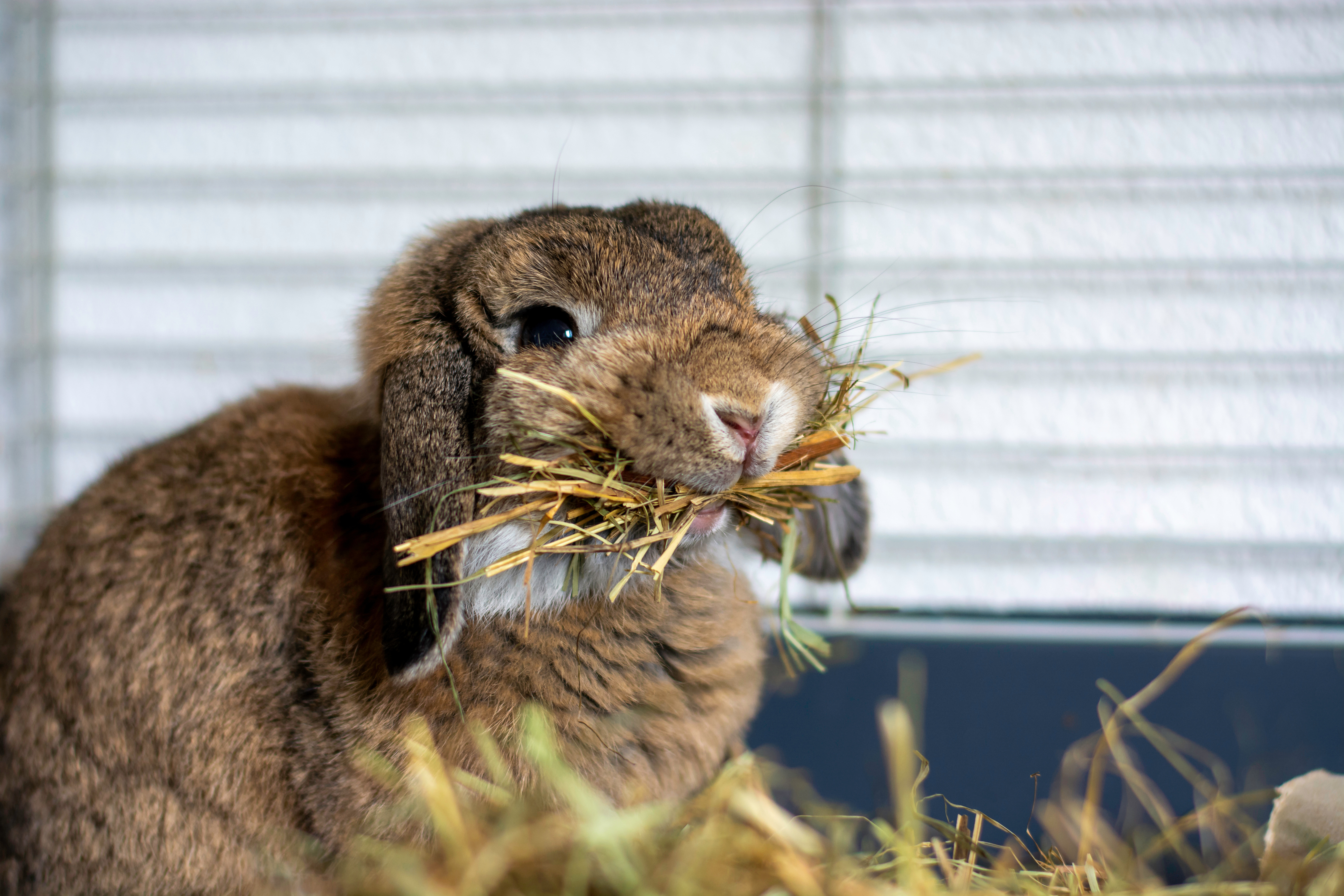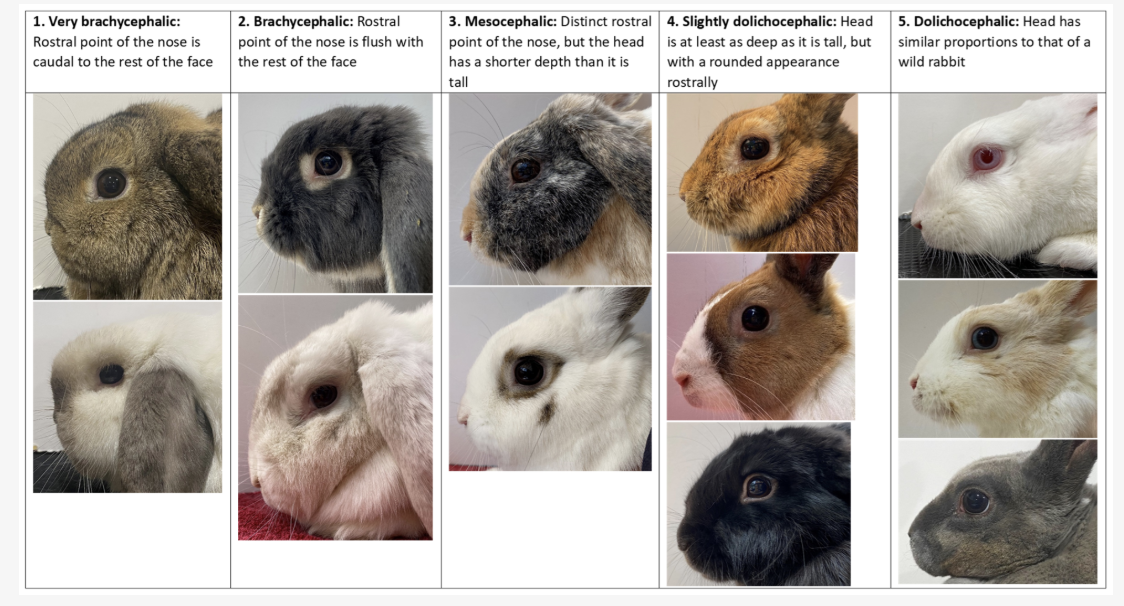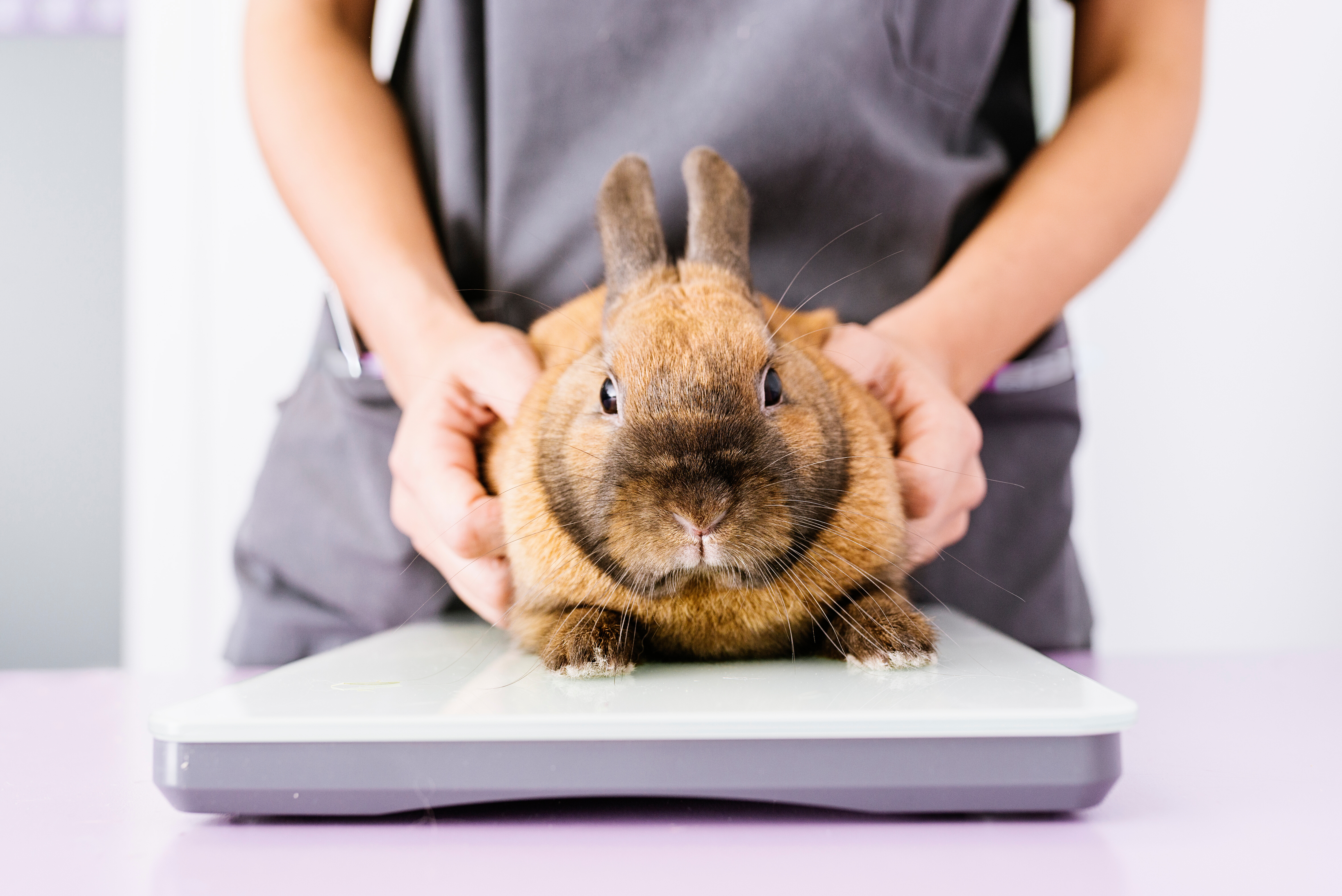What Your Rabbit's Overgrown Teeth Are Hiding
Article - 5 min read • Updated May 17, 2025
Medically Reviewed by Dr. Arman Chen, BVSc (Qld.), BSc (Leic.)

We all know that a rabbit’s teeth never stop growing. In fact, they grow continuously up to 2-3mm per week and a rabbit has a total of 28 teeth (even though we can only see large incisors (their front teeth)!
A balanced diet with plenty of fibre-rich hay helps to naturally wear down your bunny's teeth. But what happens when the teeth grow too long or get out of alignment?
Overgrown teeth aren’t just a cosmetic issue! They can be the silent troublemakers behind a wide range of serious health problems. As a bunny owner, understanding the risks and signs can really make a world of difference for your rabbit’s well-being.
Overgrown Teeth: Silent Troublemakers
When a rabbit's teeth (referring to the molars) grow excessively or unevenly, they can lead to several health complications, many of which are painful and even life-threatening if left untreated:
Gastrointestinal Stasis (aka GI stasis or ileus)
Rabbits with dental pain often reduce their food intake, leading to slowed gut motility (or movement). This can snowball into GI stasis, which is a critical emergency that requires urgent veterinary attention.
Sharp Dental Spurs
Uneven tooth wear can result in sharp enamel spurs that cut into your bunny's tongue and inner cheeks. This can cause ulcers and severe discomfort for him/her.
Fractured or Chipped Teeth
When your rabbit's teeth overgrow, they become more fragile. Chipped teeth can expose sensitive nerves, causing intense pain and aversion to eating.
Root Abscesses & Facial Swelling
Overgrown molar roots can push into the jawbone or facial sinuses, leading to infections or abscesses. This is often seen as hard lumps on the bunny's jaw or cheeks.
“Very few pet owners check their rabbit’s mouth and teeth regularly, so dental issues can be missed until it gets really bad. It is also quite hard to see the rabbit’s molars because they are located at the back of the mouth.” - Dr. Arman Chen, BVSc (Qld.), BSc (Leic.)
Aside from what is unseen and happening inside your rabbit's mouth your rabbit's front teeth can also become misaligned. This is known as "malocclusion" in rabbits, where the upper and lower incisors (front teeth) don't align properly, leading to excessive growth.
This can make it hard for your rabbit to eat and drink, and if left untreated, can lead to jaw infections, weight loss, and other health problems.
Are There Rabbits That are More at Risk?
Even if you do everything right in terms of diet and regular vet checkups, some rabbits are just more prone to dental problems. Some risk factors include:
Breed Predisposition
Flat-faced (brachycephalic) rabbits such as the Netherland Dwarf, Lionhead, and Mini Rex are selectively bred for their appearance. Unfortunately, their shortened skulls often result in misaligned jaws and crowded mouths, which makes it difficult for their teeth to wear down naturally, even with a proper high-fibre diet.

Older Rabbits
As rabbits get older, their teeth and jaw structure can change, making them more vulnerable to dental issues. So even if they didn’t have problems when they were younger, dental issues can still surface.
New research from the Royal Veterinary College (RVC) in the UK found that rabbits 5 years old and older had 7.58 times higher risk of developing dental disease compared to rabbits aged less than one.
But the Most Common Risk Factor is Still Poor Nutrition
A diet low in fibre and high in pellets can lead to improper tooth wear. According to the Rabbit Welfare Association & Fund (UK), over 85% of a rabbit’s diet should be hay. Similar recommendations are echoed by Singapore’s Animal & Veterinary Service (AVS), which emphasises fibre as essential for both dental and digestive health.
Subtle Dental Signs, Easily Missed in Rabbits
Our bunnies are prey animals. This means they instinctively hide pain to avoid appearing vulnerable and that has not changed despite being domesticated. Dental issues can often go unnoticed until they’re advanced and by then, your rabbit is usually in a lot of pain.
Watch out for these subtle signs:
- Drooling (aka “slobbers”)
- Tooth grinding (a sign of pain, not to be confused with soft tooth purring)
- Weepy eyes or nasal discharge (can be caused by molar root elongation pressing into tear ducts)
- Bumps along the jawline
- Reduced appetite or preference for softer food
- Weight loss
- Lethargy
- Diarrhoea (a result of not eating enough fibre)
Use a body condition scoring chart is a simple but effective guide to visually assess if your rabbit is losing weight. You can refer to our handy chart here, or ask your vet to show you what to look for during your next visit!
We also recommend to weigh your rabbit weekly because rabbits can be so fluffy it's hard to visually check. Recording and weighing your rabbit also provides information that can be useful for your vet during consultation to monitor for any health issues.

Taking Care, Being Aware
It may be mentioned many times but it is worth reiterating: the best care for your pet is proactive care. Here’s what you can do for your rabbit:
Weekly Visual Checks for Your Bunny
If you are confident and your rabbit allows it, gently lift the lips and examine the front teeth for overgrowth or misalignment. A flashlight and calm handling help.
However, if your rabbit is not used to handling or struggles too much, it is better not to add to his/her stress. Let your vet handle the checks!
Annual Vet Visits can be Life-Saving
Not all dental issues are visible in rabbits without the use of tools. A full oral examination under sedation may be required to assess the molars at the back of the mouth if your vet suspects dental issues.
Maintain Good Diet Habits Everyday for Bunny
At Gaia Vets, we recommend our rabbit owners to provide a diet that consists of 90% hay. Your rabbit should get:
- Unlimited fresh hay (e.g., timothy, orchard, or meadow hay)
- A small portion of high-fibre pellets
- Some fresh vegetables like leafy greens
- Minimal fruits or sugary treats (yes, no matter how cute he/she looks when munching on a strawberry!)
Aside from diet, we recommend chew toys for Enrichment, e.g. wooden toys, hay cubes, and safe branches such as apple or willow encourage natural gnawing, which helps to wear down teeth. Rabbit owners should avoid providing plastic chew toys.
When in Doubt, Ask Your Rabbit Vet
At Gaia Vets, we love rabbits and want to ensure that yours lives a long, healthy life, free from dental pain. Whether your bunny needs a routine check-up or you're concerned about subtle changes, our experienced vet team is here to help.
It is good to remember that dental health is whole-body health for rabbits. So staying informed and being your rabbit's advocate can make all the difference!
Contact us to book a rabbit wellness check or speak to our vet team about proper dental care today!